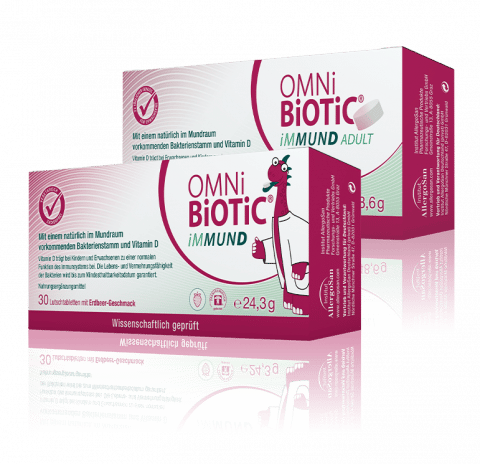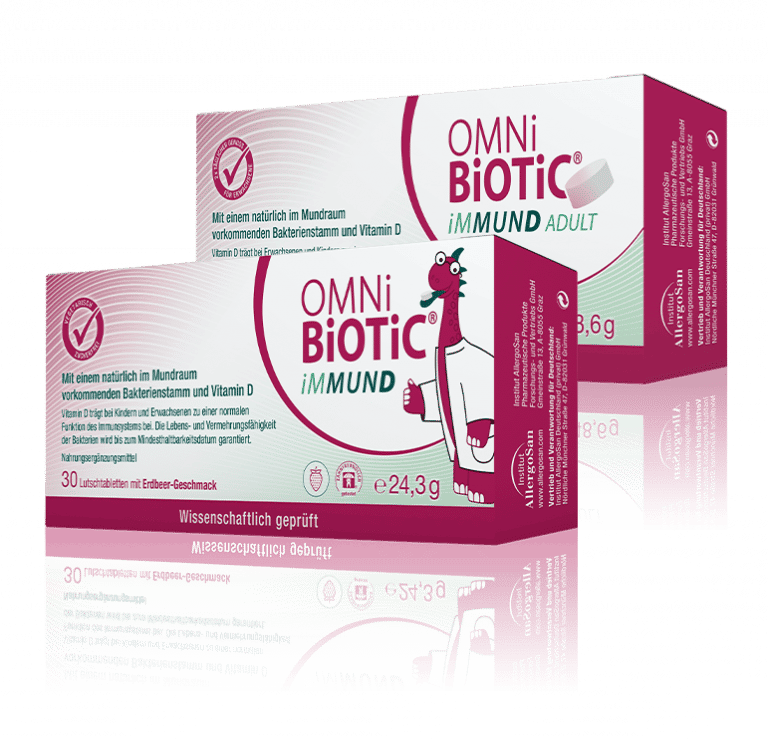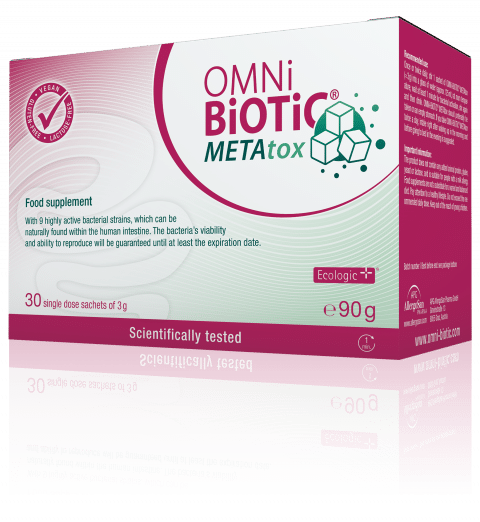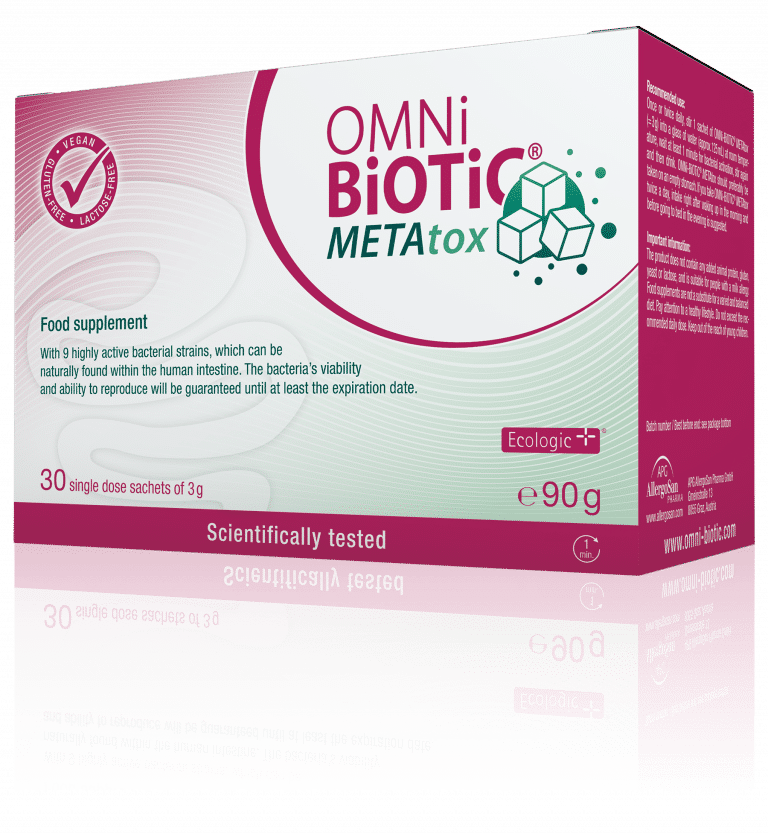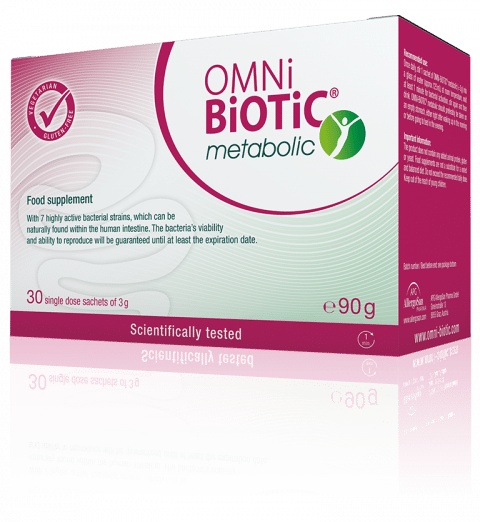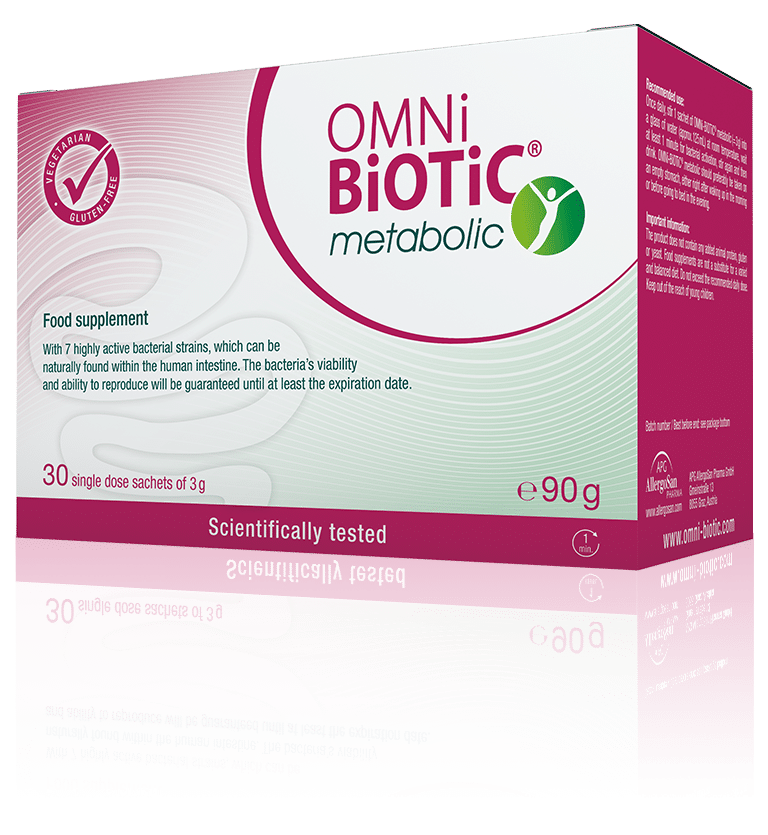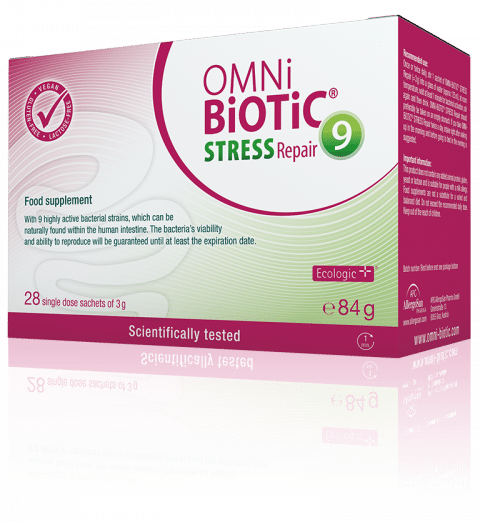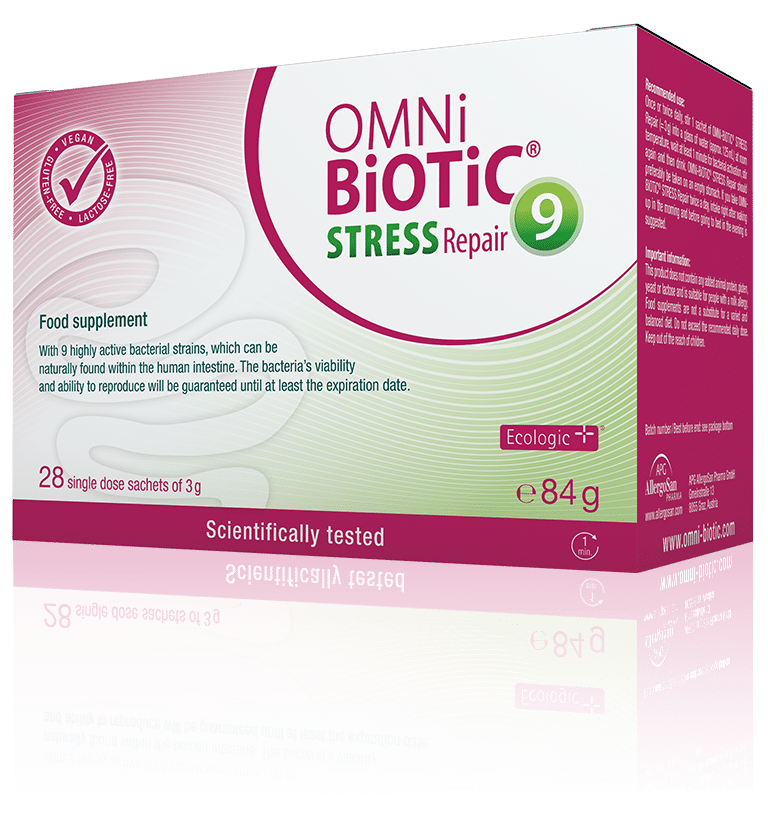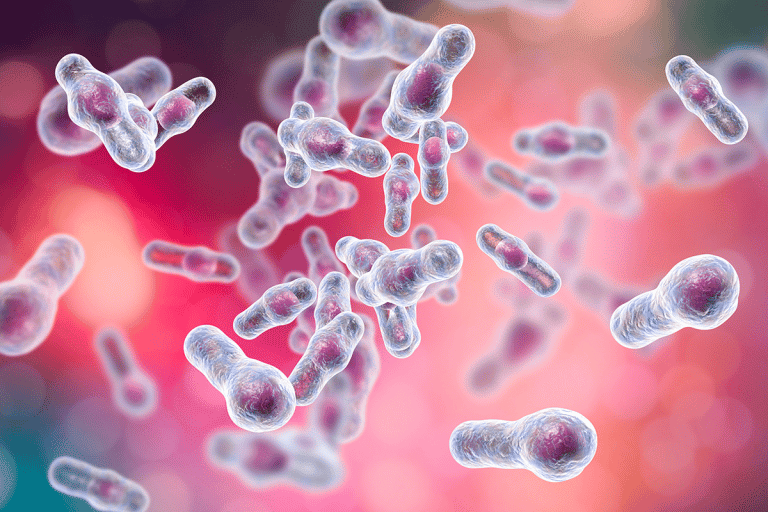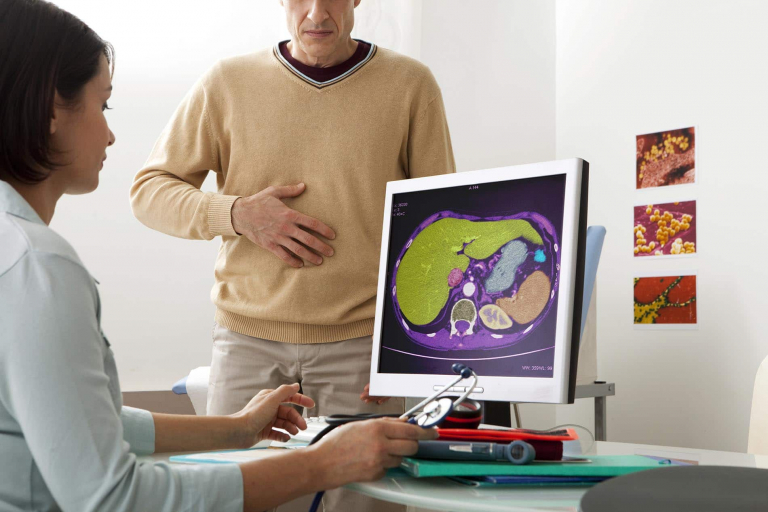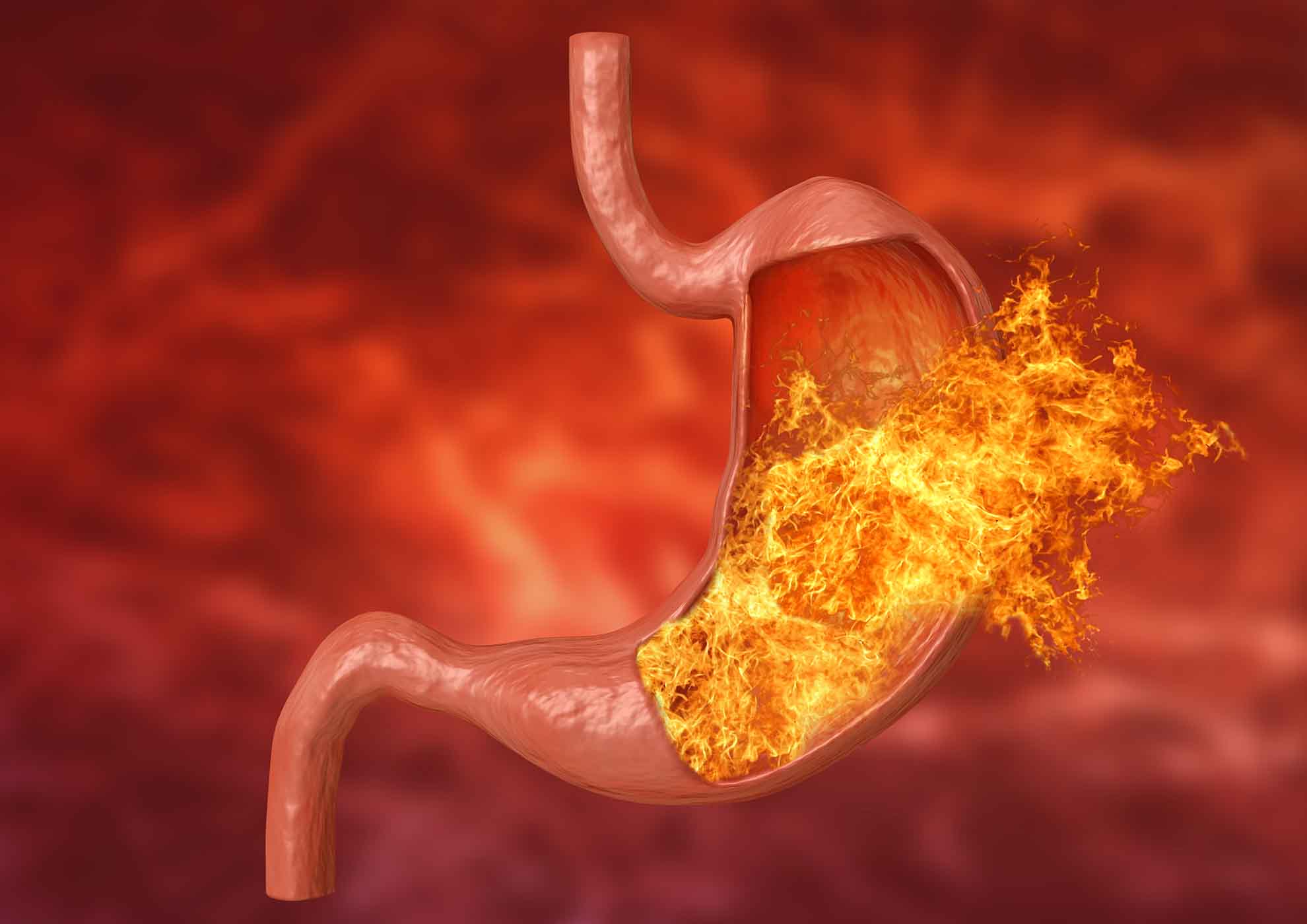
Gastritis
Inflammation of the Stomach Lining
Gastritis refers to inflammation of the gastric mucosa (stomach lining), which can be acute or chronic. The inflammation can be limited to the upper tissue layers, but there can also be a loss of glandular tissue in the stomach, which severely limits the production of gastric acid (chronic atrophic gastritis, also known as atrophy of the gastric mucosa).
According to a 2009 survey by the Robert Koch Institute, 20.5 % of adults in Germany have already been diagnosed with gastritis or duodenitis (inflammation of the duodenum adjoining the stomach), with gastritis being one of the most common illnesses in old age. It is said that in western industrialised nations about half of the over 50-year-olds are affected by chronic gastritis.
Gastritis also occurs particularly frequently during pregnancy: 40-80 % of expectant mothers suffer from heartburn, which is often caused by inflammation of the gastric mucosa.

What is the stomach lining?
The stomach serves as the primary storage location for the food we have eaten. Food is mixed here, saturated with acidic gastric acid, and broken down by enzymes. This gastric acid is produced in glands of the gastric mucosa (stomach lining). The stomach lining is directly in contact with food pulp but is covered by a protective layer of mucus. This thin film protects the stomach from aggressive gastric acid and therefore also from digesting itself. Various factors (stress, medication, alcohol, etc.) can attack this protective layer or lead to an overproduction of stomach acid.
Chronic inflammation of the gastric mucosa can be divided into 3 groups depending on the cause.
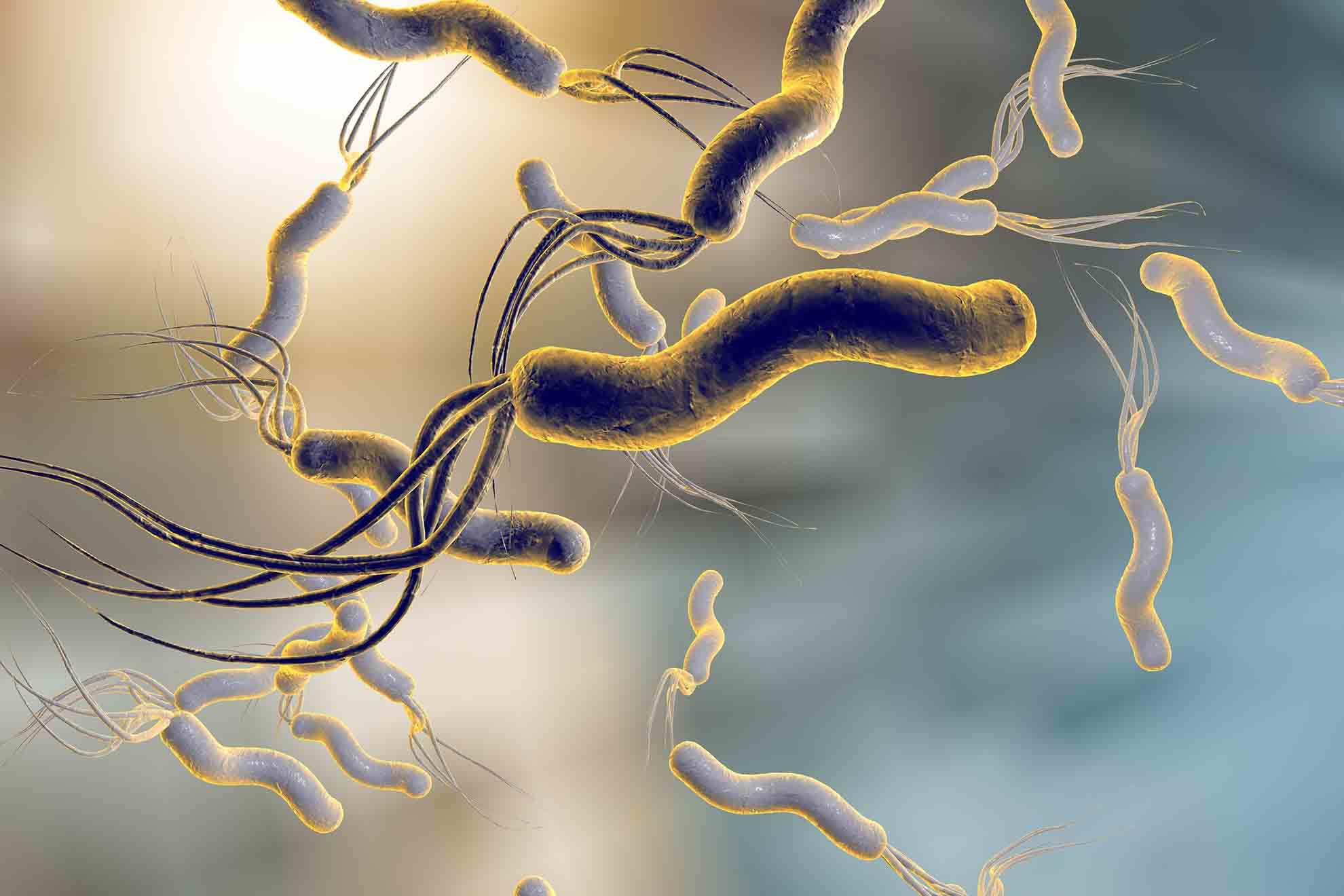
Gastritis types
Type A Gastritis
This type is also known as autoimmune chronic gastritis and accounts for about 5 % of chronic gastritis. In this form, the parietal cells (cells that produce stomach acid) are attacked and accordingly less stomach acid is released.
Type B Gastritis
About 80 % of all cases of chronic gastritis are of type B. They are mostly caused by the bacterium Helicobacter pylori, which can be transmitted via saliva and stool. This pathogen is able to survive for a short time in the acidic environment of the stomach and attach itself to the mucosal cells, where an almost neutral environment prevails.
Type C Gastritis
About 15 % of all chronic inflammations of the gastric mucosa are of type C and are caused by chemical irritation of the stomach (for example, from medicines such as painkillers).
"Acute gastritis manifests itself with severe upper abdominal pain, loss of appetite, vomiting, and a feeling of fullness."
Caricol® Gastro
To extinguish the "fire" in your stomach, use Caricol®-Gastro whenever you are suffering!
Natural ingredients form the basis for this highly effective natural recipe; oats have proven themselves as a traditional remedy for gastrointestinal inflammation and irritation. The so-called avenanthramides – particularly effective polyphenols – are responsible for the anti-inflammatory properties of oats. Studies have shown that avenanthramides inhibit the release of pro-inflammatory substances such as interleukin-6 and interleukin-8 and therefore calm the stomach lining quickly and sustainably. Due to the manufacturing process of Caricol®-Gastro, the avenanthramide-B contained in oats is more than doubled.
The papaya is a very alkaline fruit with a low acid content and is therefore particularly well tolerated. The so-called "fruit from the tree of health" contains all the essential amino acids, large amounts of calcium, magnesium, and potassium as well as essential fatty acids and bioflavonoids. Several studies have shown that the extract made from papaya (proven use in Caricol® for years already) has an anti-inflammatory, cell-protecting and cell-renewing effect. The high antioxidant effect strengthens the mucous membrane barrier and protects it from harmful attacks.


